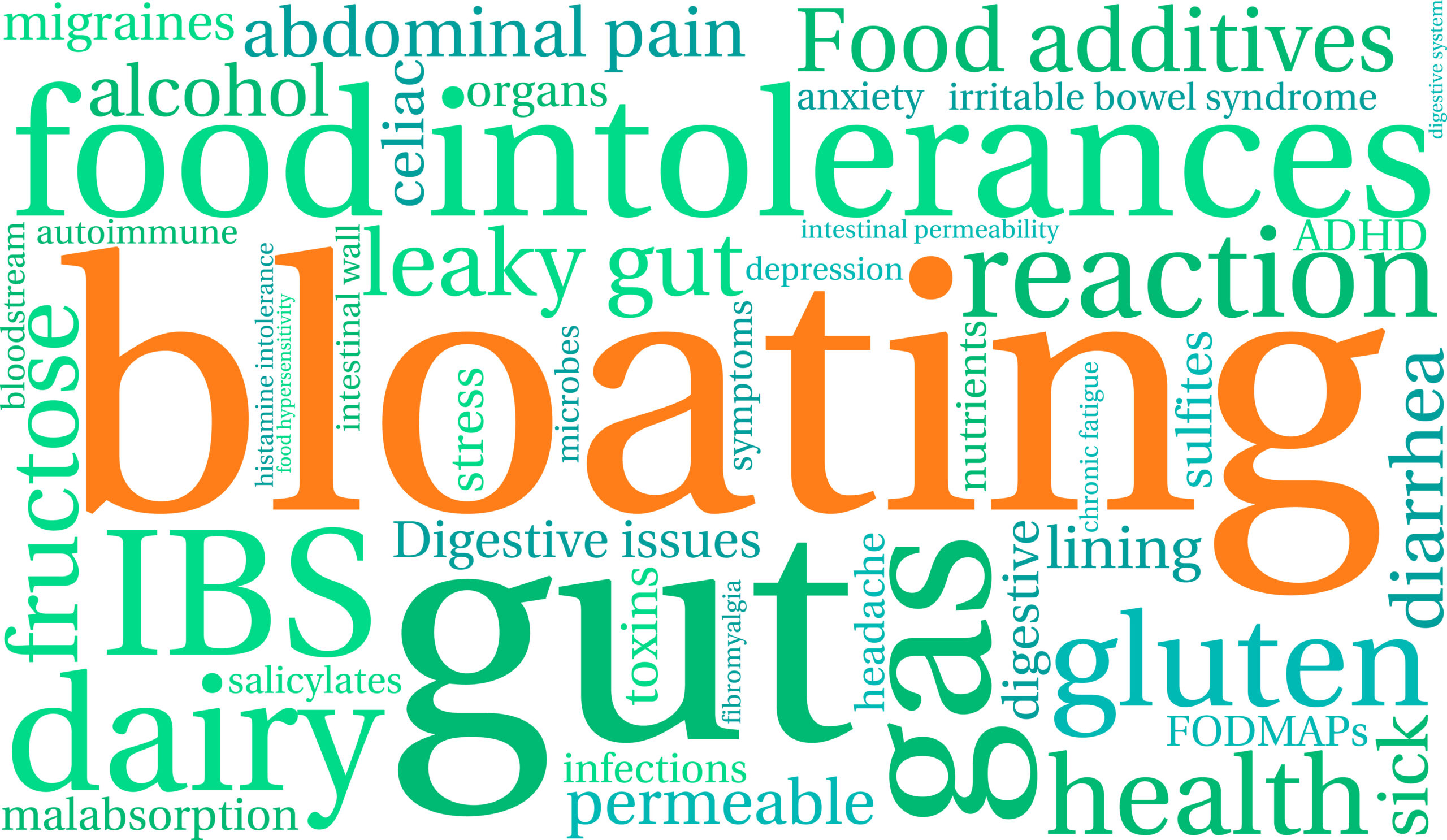Irritable bowel syndrome (IBS) is a common gut disorder that affects millions of people worldwide. It’s characterized by a collection of symptoms, including: abdominal pain, bloating, excess wind and changes in bowel movements. But, is the link between the leaky gut and IBS fact or fiction? Little is known about the causes of leaky gut and indeed many health professionals are sceptical about this diagnosis, in the absence of a definitive test. However, a leaky gut is suggested to be a factor in many chronic health issues, including: autoimmunity, IBS, inflammatory bowel disease (IBD), allergies, asthma and eczema. But the jury is still out on what may come first – the condition or the leaky gut.
The causes of IBS
First, let’s look at IBS. Whilst the exact cause of IBS remains unknown, it’s believed to be a complex interplay of factors, including:
- Gut dysbiosis: An imbalance of gut bacteria
- Food sensitivities: Intolerance to certain foods, such as gluten or FODMAPs
- Stress: Chronic stress can negatively impact gut health
- Motility issues: Abnormal contractions of the intestinal muscles
- Increased intestinal permeability: This is where leaky gut comes in
The leaky gut
Leaky gut, also known as increased intestinal permeability, is a condition where the tight junctions between the cells lining your small intestine become loose. The intestinal wall is just one cell thick – the same thickness as your eyelids. The lining of a healthy gut is semi-permeable. It allows water and nutrients through from things you eat and drink, but also acts as a barrier against potentially dangerous bacteria and chemicals. Consider the gut wall cells to be like bricks with mortar in between to hold them together and keep them tight. The theory suggests that when the gut lining is damaged, the ‘mortar’ between the ‘bricks’ loosens, allowing things to leak through. If substances leak through these body defences, the immune system launches a full-scale invasion alert, potentially leading to inflammation and health issues.
What are the likely causes of leaky gut?
Damage to the gut lining could be considered to cause leaky gut syndrome. Risk factors increase from health conditions and lifestyle choices. These include:
- A poor quality or ‘Western’ diet which is low in fibre and high in sugar and fat
- The long-term excessive use of alcohol
- The overuse of non-steroidal anti-inflammatory drugs, such as aspirin and ibuprofen
- Inflammatory gut diseases, such as IBD or food allergies e.g. Coeliac disease
- High blood fat levels, such as cholesterol and triglycerides
- High blood sugar levels and insulin resistance
- Liver disease
- Obesity
Making wiser choices about diet and lifestyle can significantly reduce the risk factors associated with the development of gut issues, including possibly leaky gut.
How is this linked to IBS?
While the research is still ongoing, there’s growing evidence suggesting a link between leaky gut and IBS symptoms. Here’s how:
- Inflammation: Leaky gut can trigger inflammation in the gut, leading to pain, cramping, and diarrhoea
- Immune activation: When unwanted substances enter the bloodstream, the immune system is activated, leading to further inflammation and IBS symptoms
- Gut dysbiosis: Leaky gut can contribute to gut dysbiosis, which in turn can worsen IBS symptoms like bloating and gas
Diagnosing the puzzle
Unfortunately, there’s no single, definitive test for either leaky gut or IBS. But, a combination of other tests are suggested to rule out other causes. These include:
- Stool tests to rule out other conditions
- Blood tests to assess for inflammation
- Abdominal imaging tests to rule out structural abnormalities
- Food intolerance tests to identify potential triggers
- Intestinal permeability tests (although these are not standardized and their accuracy is debated)
Fixing the ‘leaks’ – treatment options
Treatment for both leaky gut and IBS focuses on managing symptoms and improving gut health. This may involve:
- Dietary changes: Identifying and eliminating food triggers (the low FODMAP diet), following a healthy diet and increasing fibre intake
- Probiotics: Supplementing with beneficial gut bacteria to restore good gut health balance
- Stress management: Using techniques like yoga, meditation and deep breathing can help reduce stress and improve gut function
- Medication: In some cases, medication may be necessary to manage specific symptoms like diarrhoea or constipation
Living well with IBS and leaky gut
So, is the leaky gut and its association with IBS: fact or fiction? Well, as you can see there’s a lot more research needed before we can reach a definitive conclusion. However, by managing these conditions effectively, it is possible to lead a health, active life. The low FODMAP diet helps to identify trigger foods, so many say that they are no longer plagued by their IBS symptoms. And by making changes to your diet and lifestyle, the leaky gut symptoms can also be improved. Here are some final tips for living well:
- Focus on a healthy diet rich in fruits, vegetables and whole grains
- Limit processed foods, sugary drinks and unhealthy fats
- Get regular exercise and manage stress effectively
- Stay hydrated by drinking plenty of water
- Consider working with an IBS Dietitian to develop a personalized plan
An holistic approach to improve gut symptoms
Many IBS sufferers feel there’s a link between their symptoms and the foods they eat and are desperate to tame their gut. However, restricting the diet without professional help can lead to nutritional deficiencies, especially when excluding whole food groups. Drastic dietary changes also make social situations difficult and can worsen mental health. The low FODMAP diet is an efficient way of identifying food triggers. But, it’s tricky to do alone though, so should always be supported with the skills and knowledge of an IBS Dietitian trained in FODMAPs. With support, sufferers can identify their triggers and improve their IBS symptoms. A skilled dietitian will provide practical ways to help fit the low FODMAP diet into your lifestyle and ensure that you still get a balanced diet. But, an holistic approach is best. Combining dietary changes with mindfulness, relaxation methods, exercise and pre- and probiotics can bring long-lasting positive results. I’m an IBS Dietitian based in Cardiff, but work across the UK. I offer a free initial telephone consultation, so why not arrange a call today.
In conclusion
Remember, you’re not alone. Millions of people worldwide live with IBS and gut symptoms. By improving your gut health and reducing known risk factors, you can take control of your health and live a fulfilling life. To find out more about gut health and its affects on inflammation and the leaky gut, listen to Michael Mosely’s ‘Just one long thing – inflammation special’.




